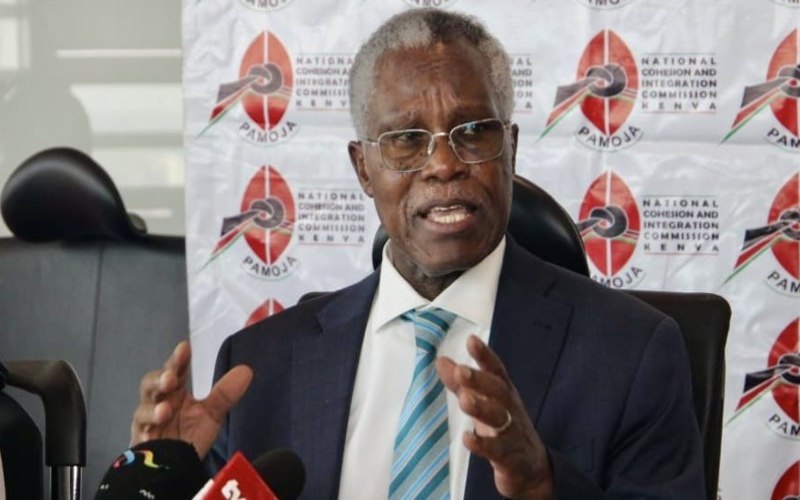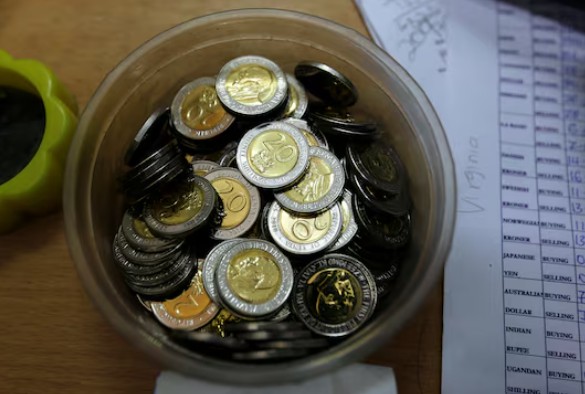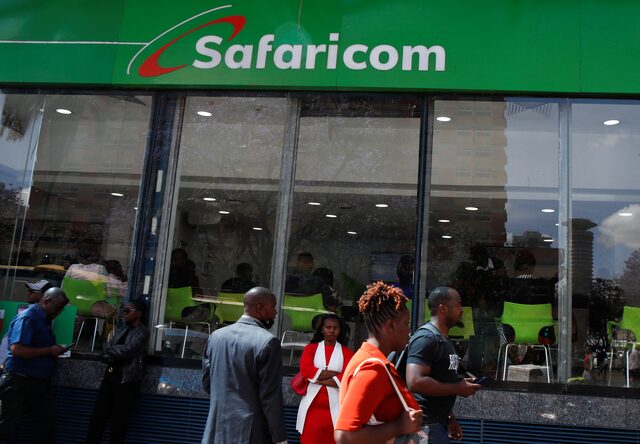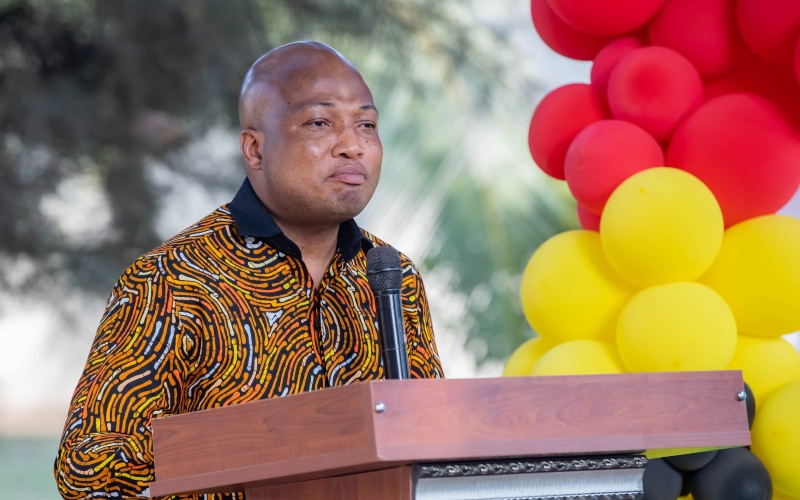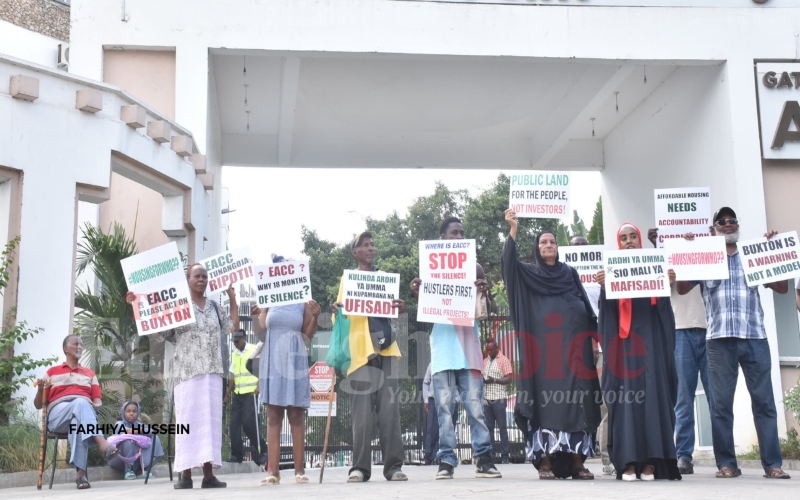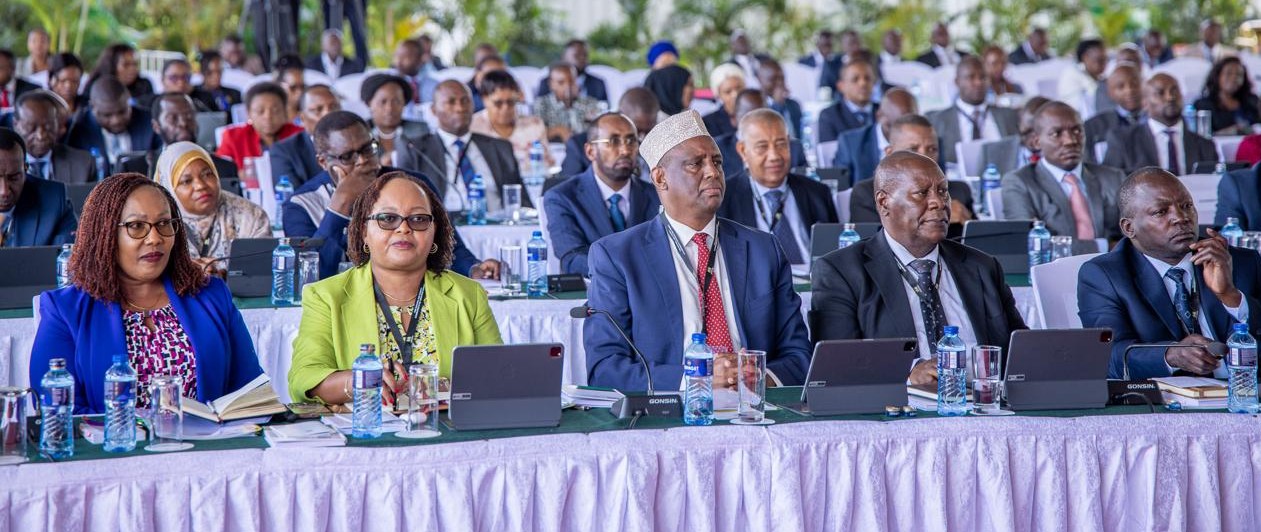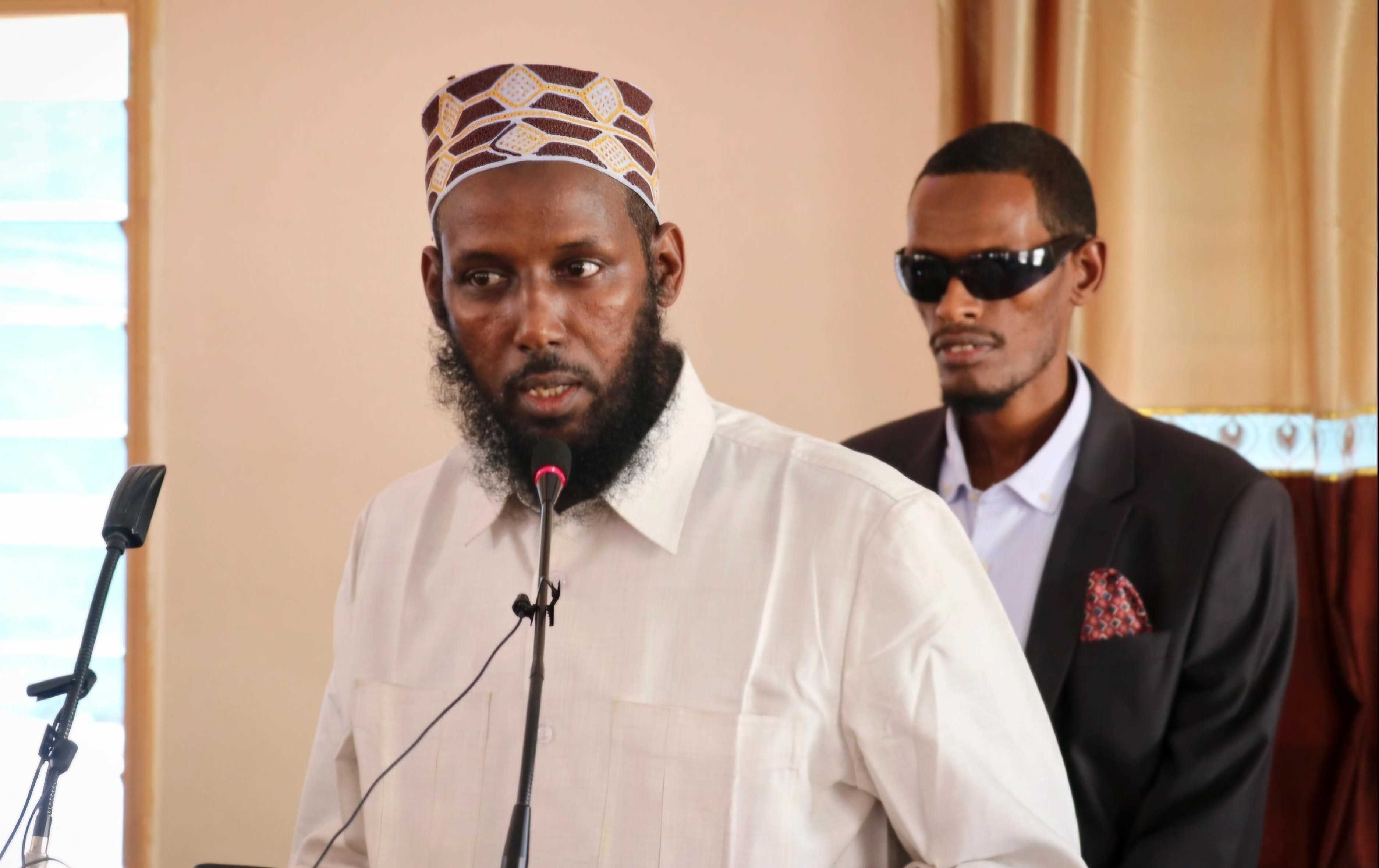Government to implement road tolling policy amid public concerns
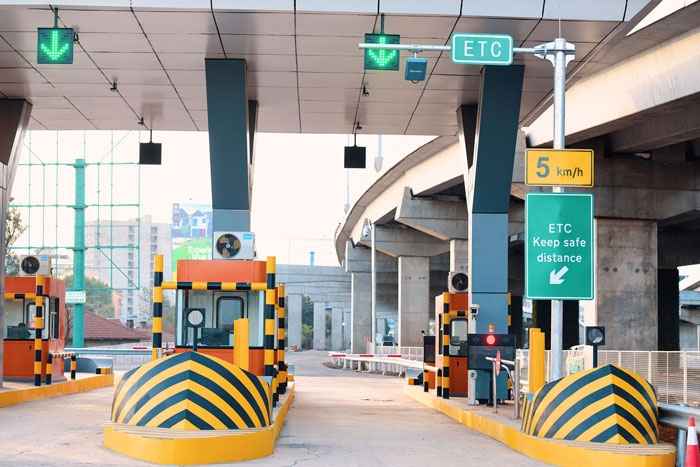
The Ministry of Roads and Transport confirmed that toll charges will be structured to ensure affordability and that revenues collected will be reinvested in road development.
The government under the Ministry of Roads and Transport led by the Principal Secretary Eng Joseph Mbugua has said that it will proceed with implementing the “Road Tolling Policy” to fund maintenance and development of major roads; however, it promises to keep the fees affordable for Kenyans.
Following public participation that was held from February 24 to March 10, 2025, the Ministry of Roads and Transport confirmed on Thursday that toll charges will be structured to ensure affordability and that revenues collected will be reinvested in road development.
More To Read
- Ndindi Nyoro questions government’s decision to sell 15 per cent Safaricom stake
- Government road repairs fall to six-year low as funding cuts bite
- Treasury ordered to draft rules for on-lent loans amid oversight concerns
- KeNHA to map out alternative routes for motorists as Rironi-Mau Summit toll highway plans advance
- Mbadi confirms Treasury deliberately influencing shilling’s value against dollar
- Government clears Sh93 billion in road bills after borrowing Sh104 billion from banks
Despite concerns from the public, the government has indicated that there are no plans to halt the roll-out.
Under the draft policy, various categories of roads will be tolled, including newly constructed highways, upgraded roads, and those deemed superior to untolled alternatives.
Importantly, tolled roads will not be required to have toll-free alternative routes, meaning all users will be subject to toll fees.
Some of the roads identified for tolling in August 2024 include the Thika Superhighway, Mombasa Southern Bypass, Dongo Kundu Bypass, Nairobi-Nakuru-Mau Summit Highway, and Kenol-Sagana-Marua Road.
These roads are critical for easing congestion, facilitating trade, and improving national connectivity.
Public concerns have focused on the potential increase in transportation costs, regional disparities, and transparency in toll revenue management. In response, the government has pledged to keep toll rates affordable and launch pilot tolling projects before full implementation.
This initiative also ties into broader efforts to offset infrastructure-related debts.
National Treasury Cabinet Secretary John Mbadi revealed that the government has taken a Sh60 billion loan to clear outstanding infrastructure bills and owes Sh175 billion to contractors.
To further raise funds, the government has increased the Road Maintenance Levy Fund (RMLF) from Sh18 to Sh25 per litre of fuel, aiming to generate Sh115 billion annually for road projects.
With final approval pending till March 31, the government remains firm on implementing tolling as a sustainable revenue model for infrastructure development.
However, whether these assurances will ease public concerns remains to be seen.
Top Stories Today
